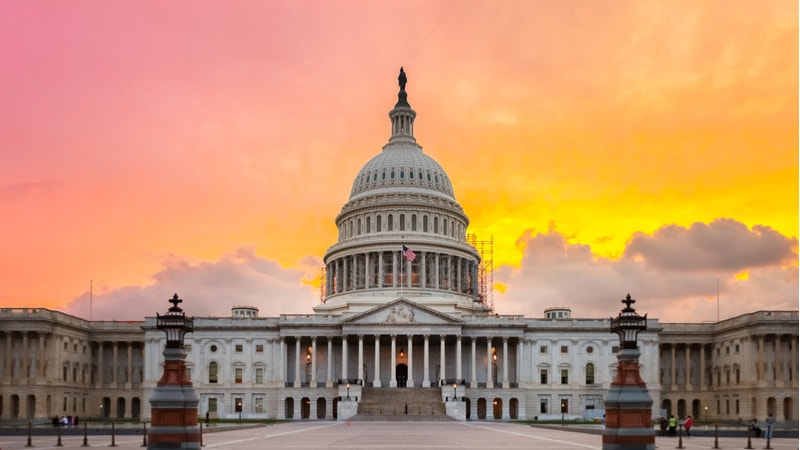
With the base bills for the FY2021 National Defense Authorization Act (NDAA) now out of committee in both the House and Senate, the Cyberspace Solarium Commission is continuing its work to see its recommendations in the final legislation.
Both the full House and Senate are expected to continue work on the bills later this month.
“In each one of them [the chamber’s bills] there are 18 to 20 of our recommendations already,” said Mark Montgomery, the commission’s executive director. “I expect a few more in the Senate [bill] and a number more in the House [bill],” he said.
Montgomery, who previously served as policy director for the Senate Armed Services Committee, said he expects each chamber’s bill to have “between 22 and 25 recommendations” from the commission, with “a total of about 28 recommendations probably in play.”
This month, the commission released the text of 54 separate legislative proposals.
“For the 18 to 20 [recommendations] that are in both bills and look very similar, they’re going to have a great opportunity to get through,” said Montgomery, speaking at an online event hosted by the National Security Institute on July 10.

“There will be a strong defense element to the provisions,” said Montgomery, but added that a “healthy number of non-defense provisions” will likely be included as well.
Two key initiatives the commission is still pushing are for a National Cyber Director in the Executive Office of the President, and getting the government to do continuity of the economy planning, Montgomery said.
“‘Continuity of the economy’ got into the Senate bill and I’m hoping to get it in the House bill,” he said.
As for the National Cyber Director, Montgomery said a Senate Armed Services Committee hearing featuring the commission’s co-chairs will be held “in a couple weeks,” and on July 15, the House Committee on Oversight and Reform is scheduled to hold a hearing on the position.
“That will have its day in court,” Montgomery said.
The House Armed Services Committee’s bill is expected to reach the House floor during the week of July 20, according to a committee spokesperson. During July 2 floor speech, Sen. Jim Inhofe, R-Okla., chairman of the Senate Armed Services Committee, said the chamber will complete consideration of the bill after returning from recess.
The final bills passed by the two chambers will then enter a reconciliation process. “Very likely it could be November before we actually end up passing this bill,” Sen. Inhofe predicted.
